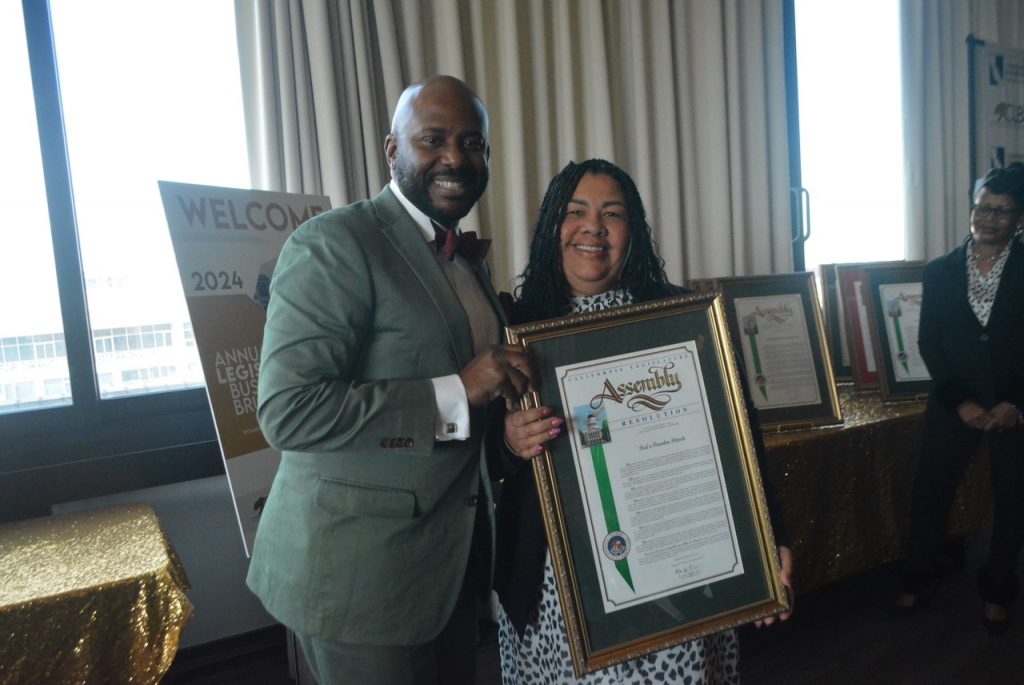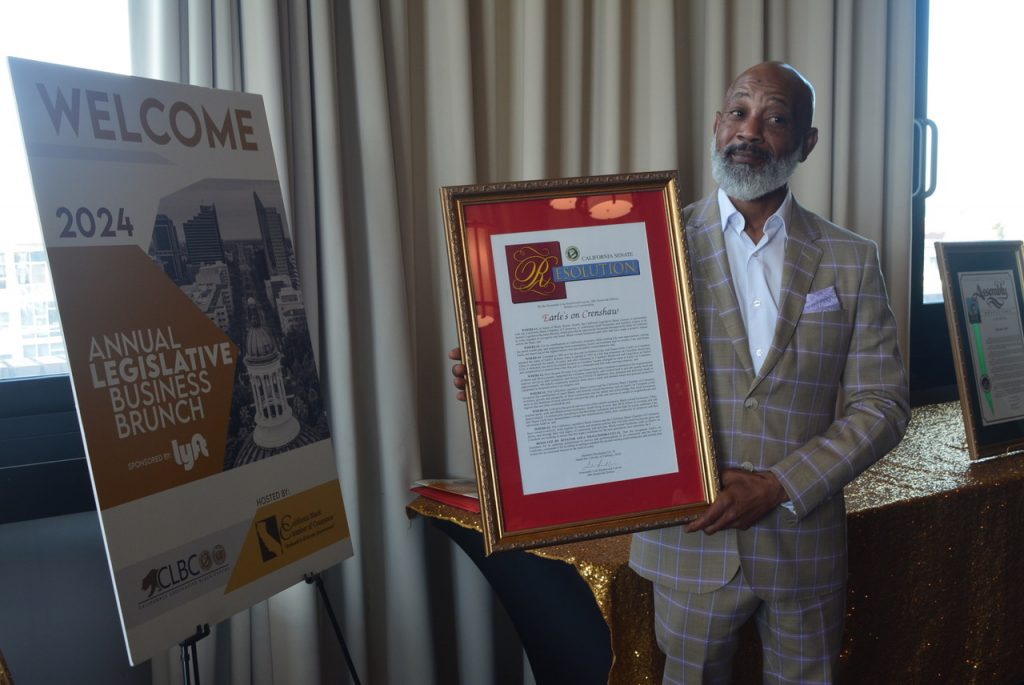By Edward Henderson | California Black Media
As time passes, the details of our great African American historical figures begin to feel more like legends than concrete facts. At the beginning of this Women’s History Month in 2024, and as March marks the 201st year since Harriet Tubman was presumably born, California Black Media (CBM) honors this monumental figure by sharing 10 little-known facts about her life.
- Harriet was not her birth name.
Historical accounts suggest that Tubman was born between 1820 and 1821 into slavery in Eastern Maryland.
The then-named “Araminta Ross” was the daughter of Ben Ross, a skilled woodsman, and Harriet ‘Rit’ Green. Tubman worked from the age of six, as a maidservant and later in the fields, enduring inhumane treatment, and brutal conditions.
Tubman adopted her mother’s name after escaping slavery, and her surname came from her first marriage in 1844, to a free Black man John Tubman. This blended marriage was complicated by her slave status, passed on by her mother, but was not uncommon.
- She was the first woman to lead an armed assault in the Civil War.
Recognizing the significance of a Union victory for the abolition of slavery, Tubman contributed to the war effort as scout, a nurse, a cook, and a spy to Federal troops.
In June 1863, Tubman worked alongside Colonel James Montgomery to assault plantations along the Combahee River. Using intelligence from escaped slaves, she guided Union riverboats through Confederate torpedo traps. At least 750 slaves were freed in the mission. Unfortunately, despite Tubman’s years of service, she never received a regular salary and was denied veteran’s compensation for 34 years.
- She helped find a cure for dysentery.
During her time as a nurse during the Civil War, Tubman was credited for providing a treatment for dysentery. Many people in the hospital where she worked were suffering from the disease. Tubman used her knowledge of plant roots to put together a herbal remedy that alleviated the patient’s symptoms and facilitated their recovery from the disease.
- She refused anesthesia when undergoing brain surgery in 1898
Tubman lived much of her life experiencing severe migraines and seizures due to an injury inflicted on her by her slave owners. By the late 1890s, the pain in her head had affected her ability to sleep. Fortunately, she found a doctor in Boston willing to operate on her brain. Instead of receiving anesthesia while the doctor cut open her skull and performed the surgery, she chose to bite on a bullet — something she had seen soldiers do during the Civil War when they suffered pain on the battlefield.
- She had a beautiful singing voice
Tubman reportedly had a beautiful singing voice and would sing two songs – “Go Down Moses” and “Bound for the Promised Land” – as signals while leading escape missions. Tubman would change the tempo of the songs to let escaping slaves know if it was safe to come out of hiding.
- Two years after escaping captivity, Tubman came back for her husband, but he refused to leave.
When Harriet escaped slavery in 1850, she left her husband behind in Maryland. Two years later, she returned hoping to bring her husband north with her. However, she soon discovered that he had married another woman and had no desire to leave. Instead, she found a group of slaves who wanted to escape and brought them up to Philadelphia.
- Her second husband was 22 years younger than Tubman when they wed in 1869.
Tubman’s second husband was Nelson Davis, a veteran of the Civil War. At the time of their marriage, Tubman was 59 years old, while Davis was just 37. In 1874, the pair adopted a baby girl named Gertie. They shared a life together for 20 years before Davis passed away.
- She was an active proponent of women’s suffrage.
Tubman worked alongside women suffragettes such as Susan B Anthony and Emily Howland. She travelled to New York, Boston and Washington speaking about her actions during the Civil War and her role as an Underground Railroad conductor. Her speeches were seen as validations of the struggle for women’s rights.
- Harriet Tubman has two National Park sites dedicated to her memory.
The Harriet Tubman Underground Railroad National Historical Park in Dorchester County, Maryland, interprets Tubman’s early life and features a visitor center with thorough and informative exhibits, the site of the plantation where Tubman was enslaved as a girl, and the general store where she suffered her traumatic head injury. The Harriet Tubman National Historical Park in Auburn, New York, tells the story of her later life and includes the house she owned. Visitors can also see Tubman’s grave at a nearby cemetery that is unaffiliated with the historical park.
- She converted the home she owned into an assisted living facility.
Tubman was very passionate about the lives of senior citizens. She founded ‘The Tubman Home for Aged and Indigent Negroes’ in 1908 with help from the A.M.E. Zion Church. The facility was located in Auburn, New York, and was designated as a National Historic Landmark in 1974.
This resource is supported in whole or in part by funding provided by the State of California, administered by the California State Library in partnership with the California Department of Social Services and the California Commission on Asian and Pacific Islander American Affairs as part of the Stop the Hate program. To report a hate incident or hate crime and get support, go to CA vs Hate.
 Westside Story Newspaper – Online The News of The Empire – Sharing the Quest for Excellence
Westside Story Newspaper – Online The News of The Empire – Sharing the Quest for Excellence

